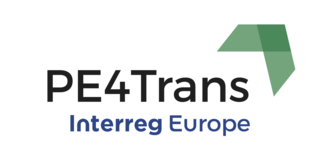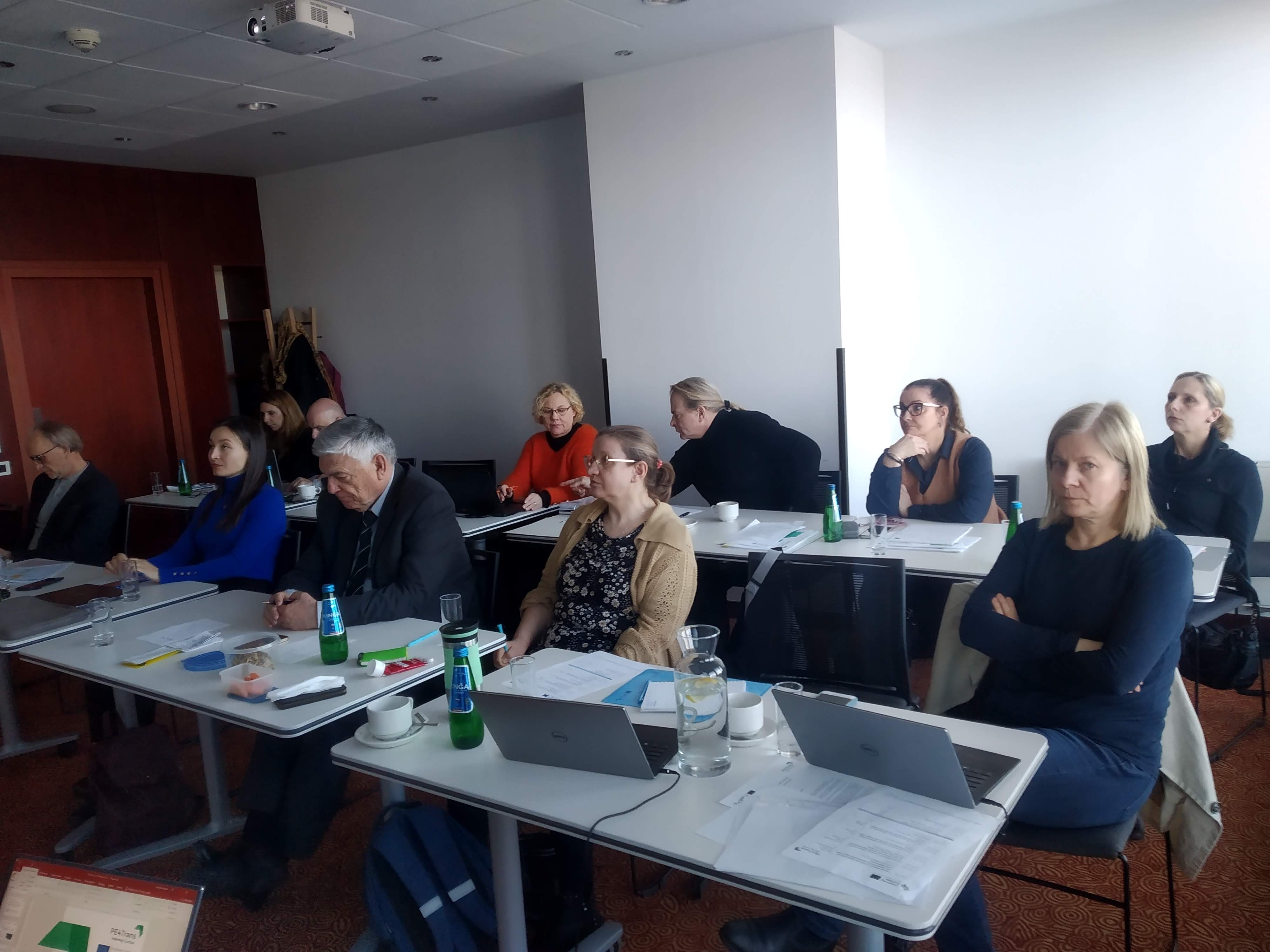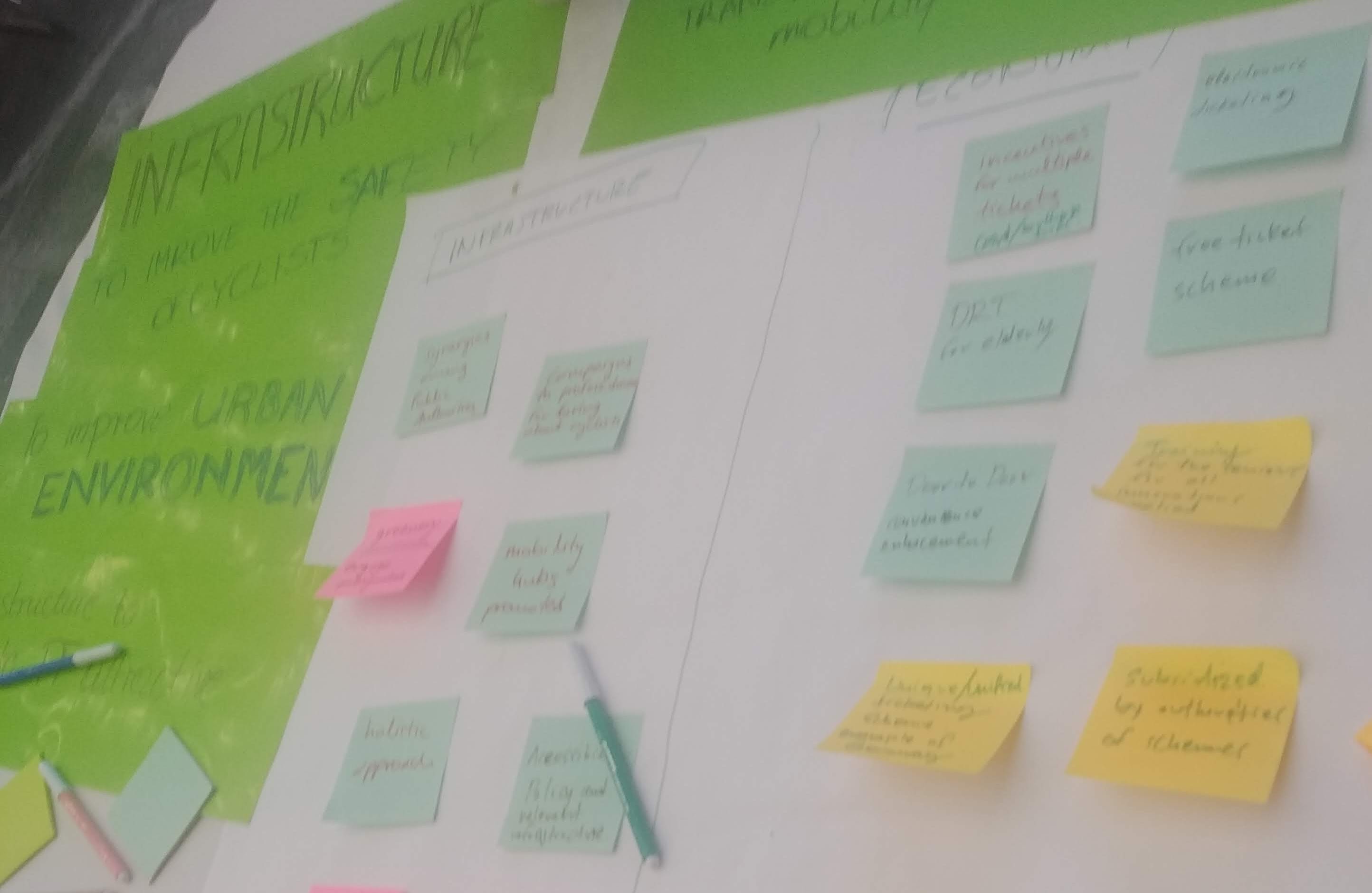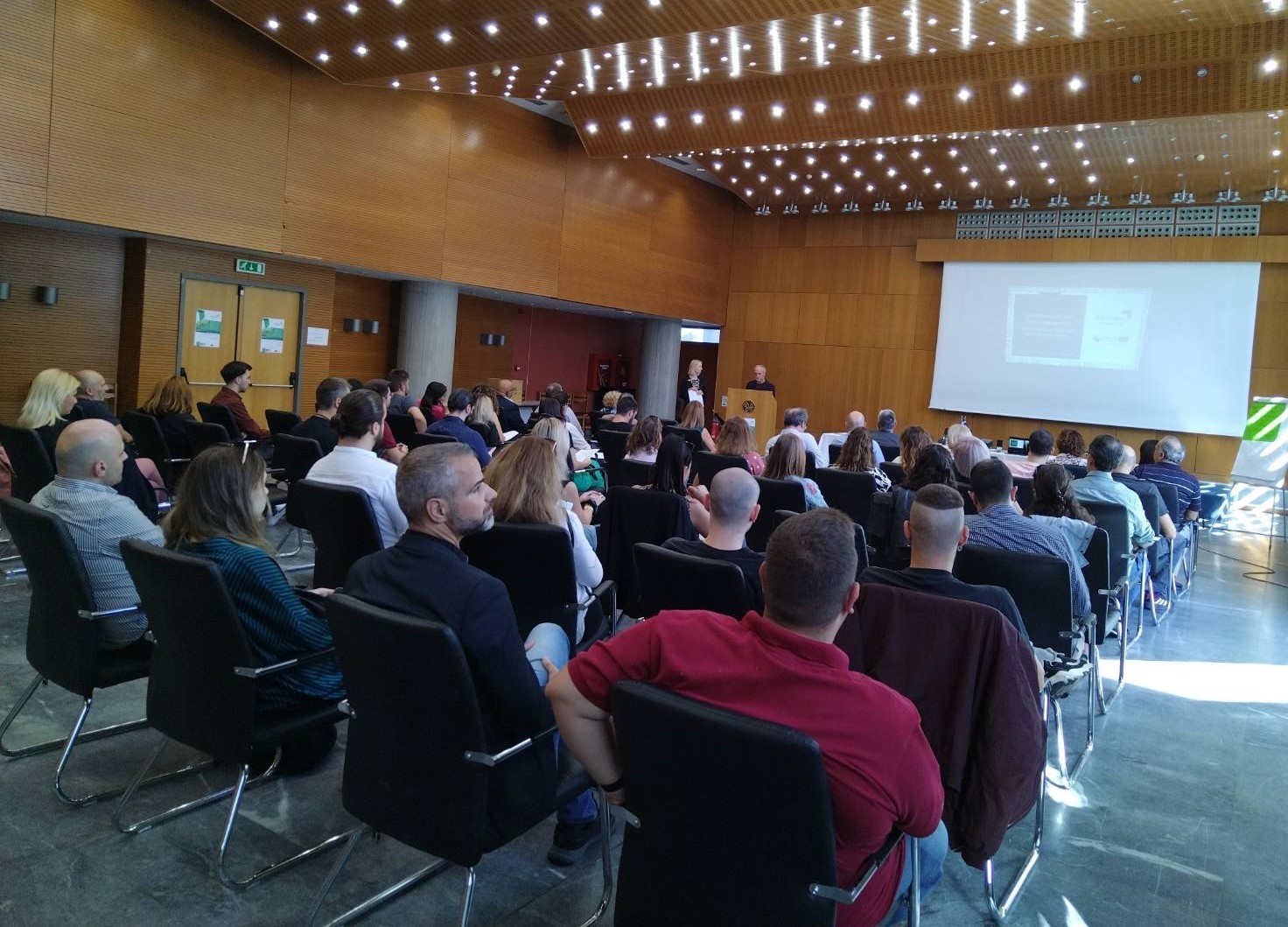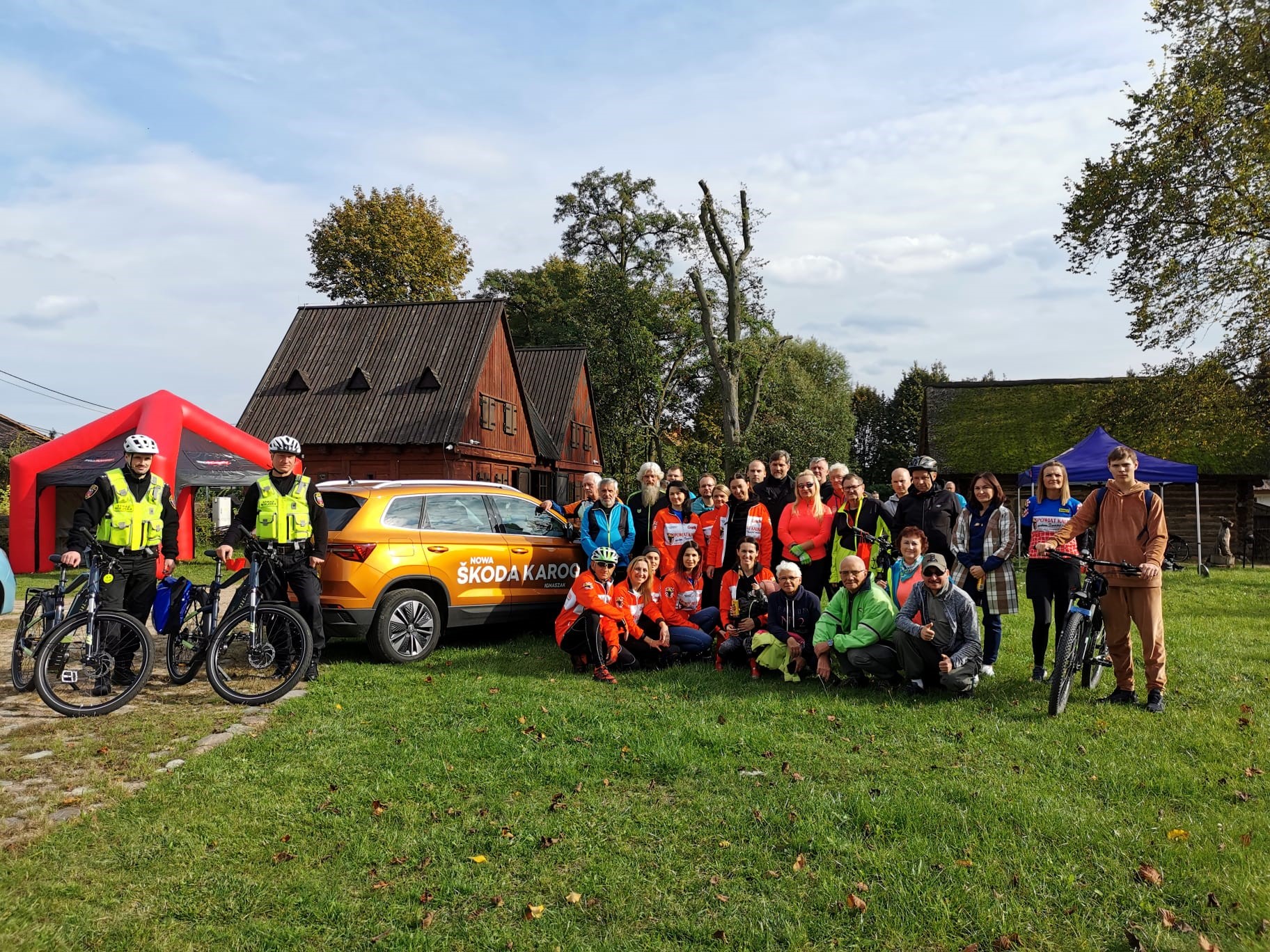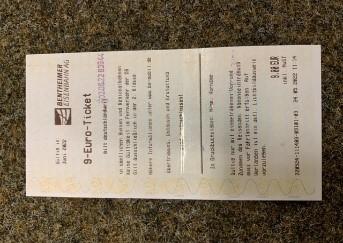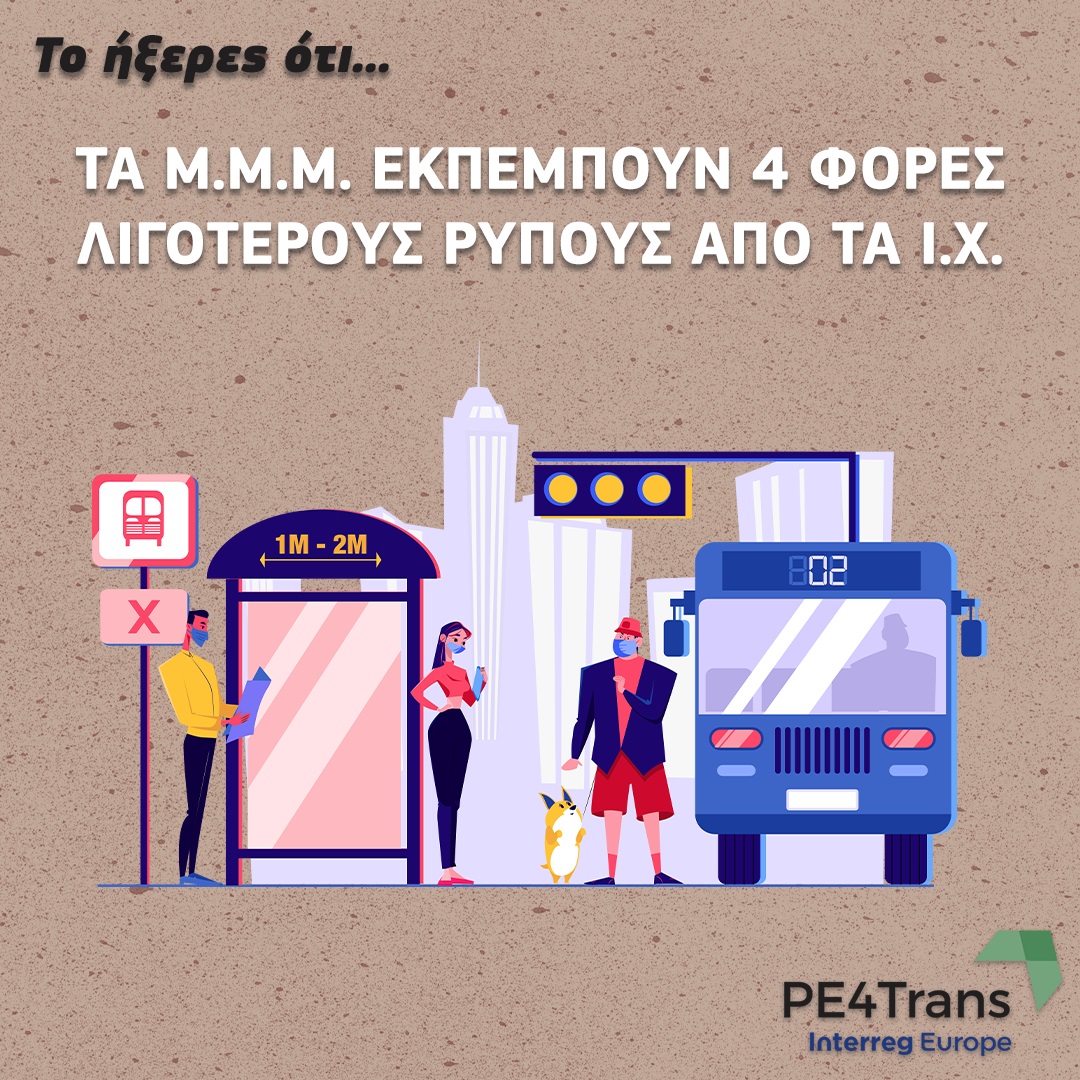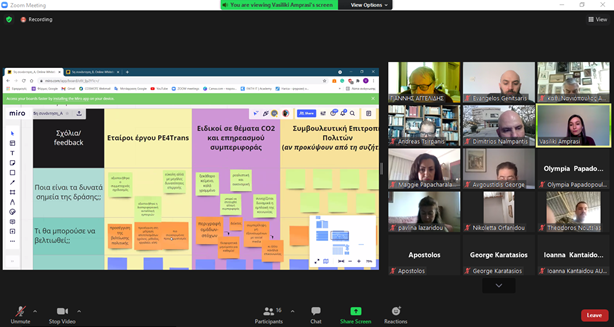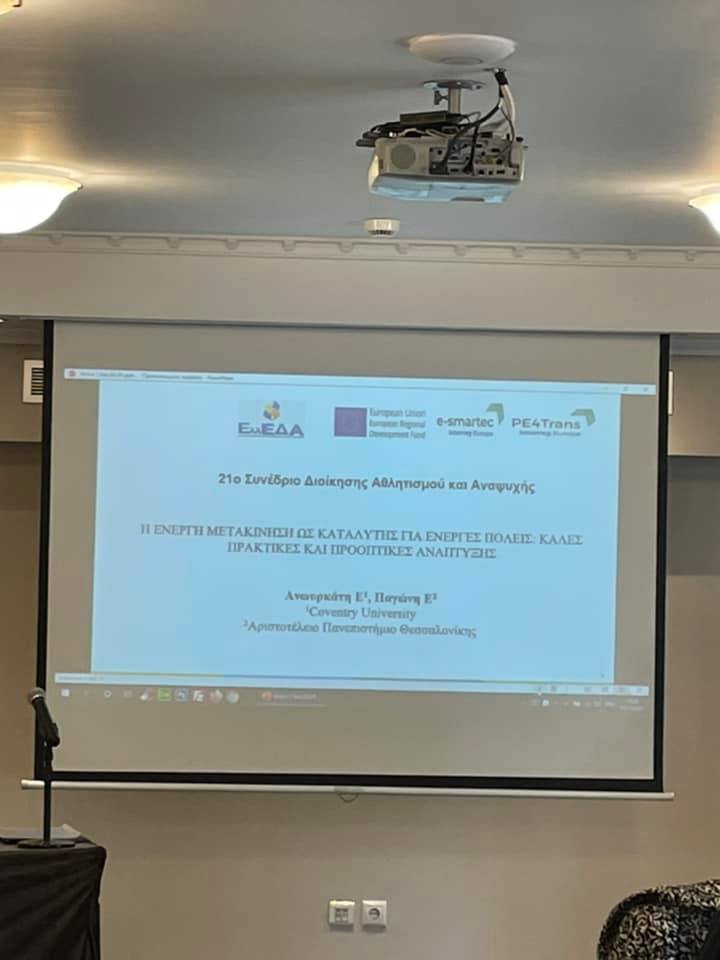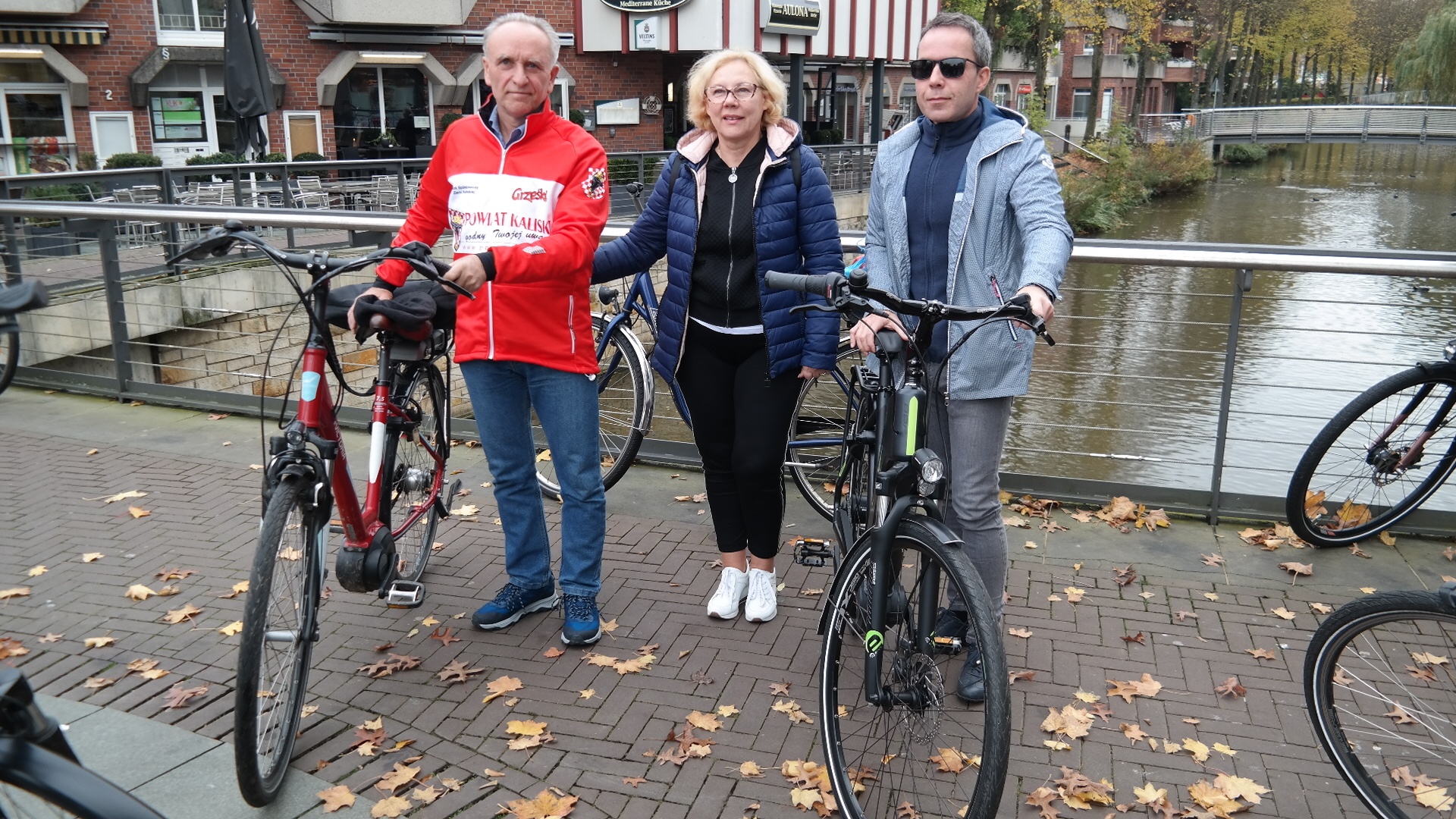Citizens of Kalisz and Ostrów (Poland) have some ideas for improving local transport network.
“Pe4Trans” project is about creating visions and solutions for local transport systems. In perfect world all of them should be based on citizens hopes, dreams and expectations. This kind of work, obviously, takes more than just one meeting to be done. This is why all project partners are organising the second citizens panels in their regions. Whereas the first one was aimed to find the most important values, the second panel is more about creating ideas to fulfil defined values.
The Polish workshop took place on 14th of May in Kalisz (Wielkopolska region).
The goal was to define the most desired enhancements for public transport in Kalisz & Ostrów area. The most important assumption was that all ideas should be as much common-shared as possible. In addition, the workshop was based on creative methods of redefining problems. We encouraged participants to look at their own ideas from different perspectives - as well as the wider context and associated social issues. The methodology we had chosen, required participants to think about problems as challenges. And the challenges was written down in a question shape of “How to do something?”
What kind of basic questions did they consider as the most crucial for transport in Kalisz-Ostrów region?
- How to provide transport for groups with special needs? (pupils, seniors, disabled people, for all social groups, including price availability)
- How to ensure that public transport has an integrated timetable? How to make the integrated communication system comfortable and accessible for all users? How to prepare transfer points properly and what “properly” means for people?
- How to develop citizens' awareness of low-emission economy?
- How can we increase the development of a low-carbon economy towards greater energy efficiency?
- How to prevent the economic degradation of the city centre caused by the reduction of car traffic?
- How to involve citizens from different age groups (including children) and groups with limited access to public services (e.g. disabled people) in shaping public transport policy?
- How to reach/build an agreement between transport and public life institutions (e.g. school, theatre, shopping mall)?
- How to increase the attractiveness of public transport? How to change people's mindsets and priorities to use public transport?
- How to improve public communication and adapt to the needs of residents (hours of courses)?
- How to raise the awareness of citizens about the importance and benefits of using the public transport?
- How to make it easier to buy tickets?
- How to promote environmentally friendly means of transport and public transport?
Those simple questions point out all transport challenges and needs which must be taken into consideration by local authorities. In the next step we will help them to cooperate with citizens in the process of looking for the answers.




